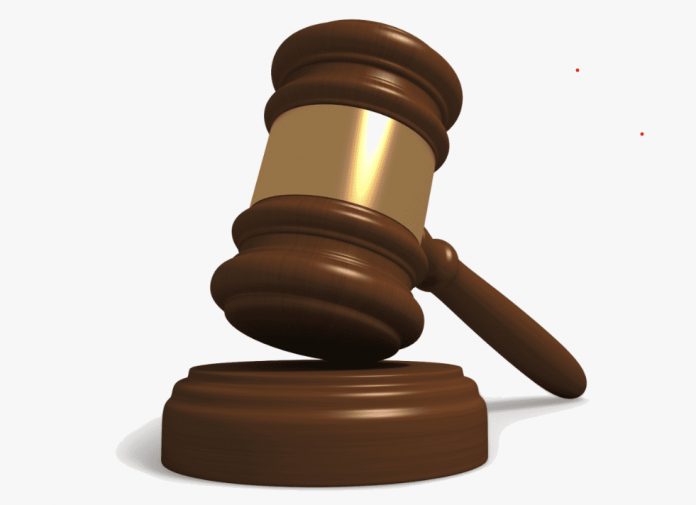Botswana High Court judge Boipuso Makhwe has refuted allegations of bias levelled against her in a matter involving retail giant Choppies and PricewaterhouseCoopers (PwC)
Makhwe asserted her professional integrity, dismissing claims of misconduct.
The accusations emerged amid a protracted legal battle involving Choppies shareholders Ottapathu Ramachandran and Farouk Ismail, pitted against PwC and its audit partner Rudi Binedell.
The judicial scandal, which implicated judges Zein Kebonang and Makhwe, alleged favouritism towards Choppies in the high court rulings.
PwC and Binedell sought nullification of these contentious rulings, prompting a legal firestorm.
They want the high court to declare all proceedings in this matter invalid and for the defendants to cover the costs.
Bank Gaborone and its board members, Peter Collins, Mboki Chilisa, and PwC (Botswana), are accused of fabricating falsehoods.
Allegations described as defamatory
Responding to the allegations, Makhwe rebuked the assertions of bias, labelling them as “blatantly untrue, defamatory, contemptuous, and disrespectful of the court’s authority”.
She emphasised that her rulings were not influenced by any external parties, countering claims that suggested otherwise.
Makhwe clarified her role in the case, highlighting that the proceedings were conducted impartially under her jurisdiction.
Addressing the involvement of Collins, she dismissed any association, asserting that Collins neither appeared before her nor held any influence over her decisions.
She also disputed any coordination between the bank and the applicants, stressing that her rulings were her own work and that she did not share them with anyone prior to delivery.
Threat of legal action
Makhwe hinted at potential legal action against the bank, applicants, and Collins for defamation.
“Bank Gaborone, the applicants and the authors of the defamatory report, have all opened themselves to a defamatory lawsuit,” Makhwe explained.
“I state that the applicant’s central claim that the third respondent [judge Dr Kebonang) might have written my rulings or unduly influenced them is false and malicious.”
She continued: “The rulings in question were written by me. The further claim that I placed the rulings at the third respondent’s disposal is blatantly false.
“It is really difficult to respond to allegations made by a busy body.
“For the record, except for court proceedings, which are handwritten, I write and type my own judgments and rulings.”



